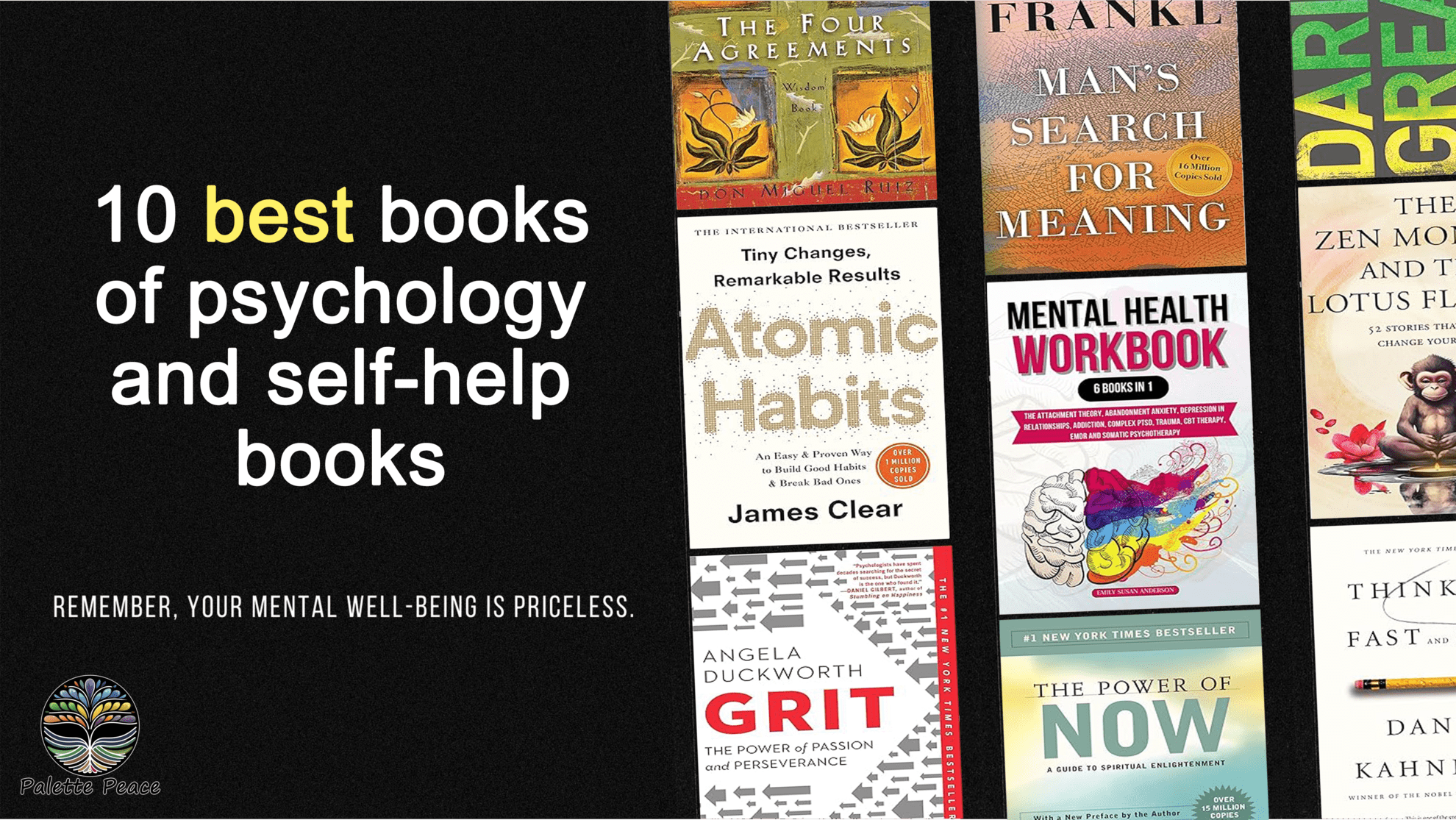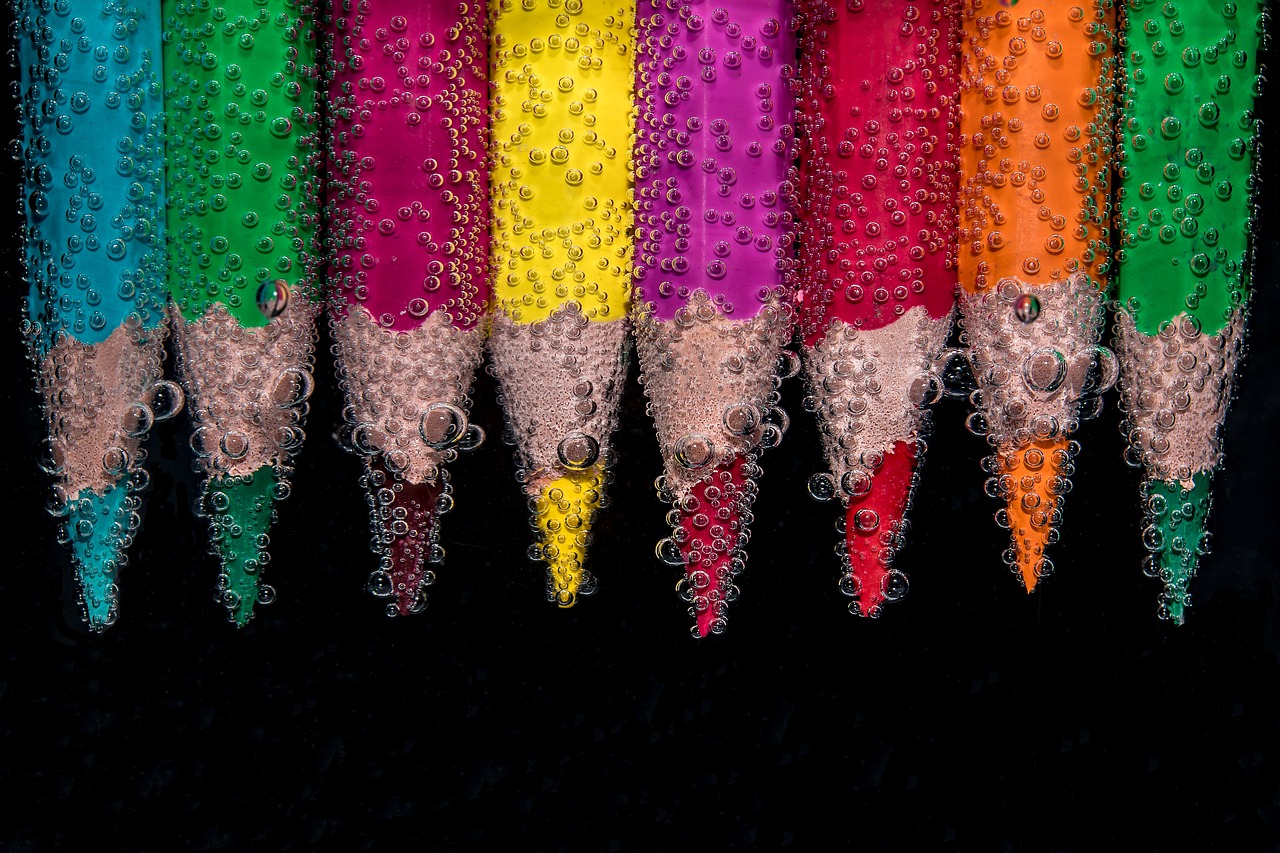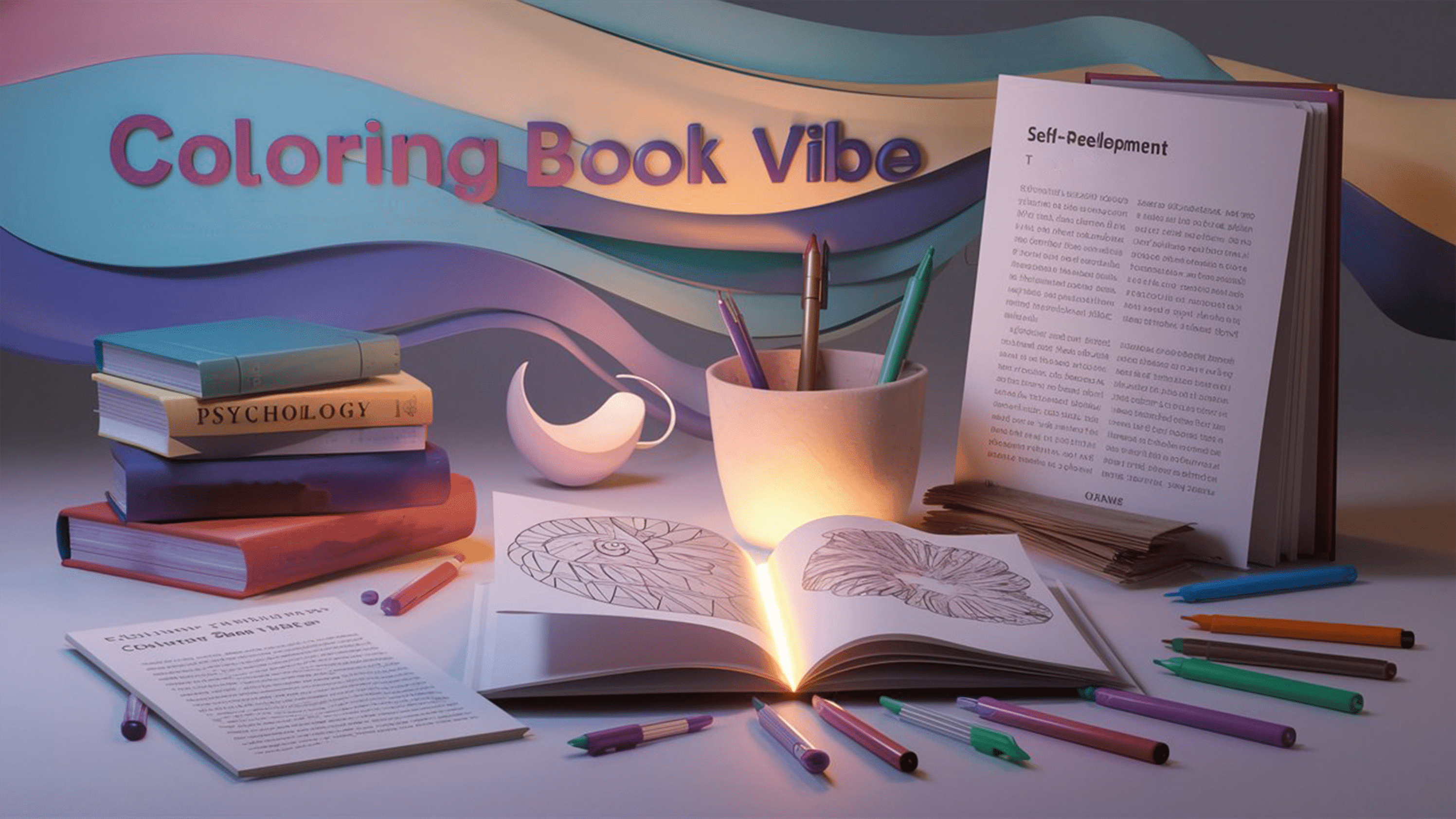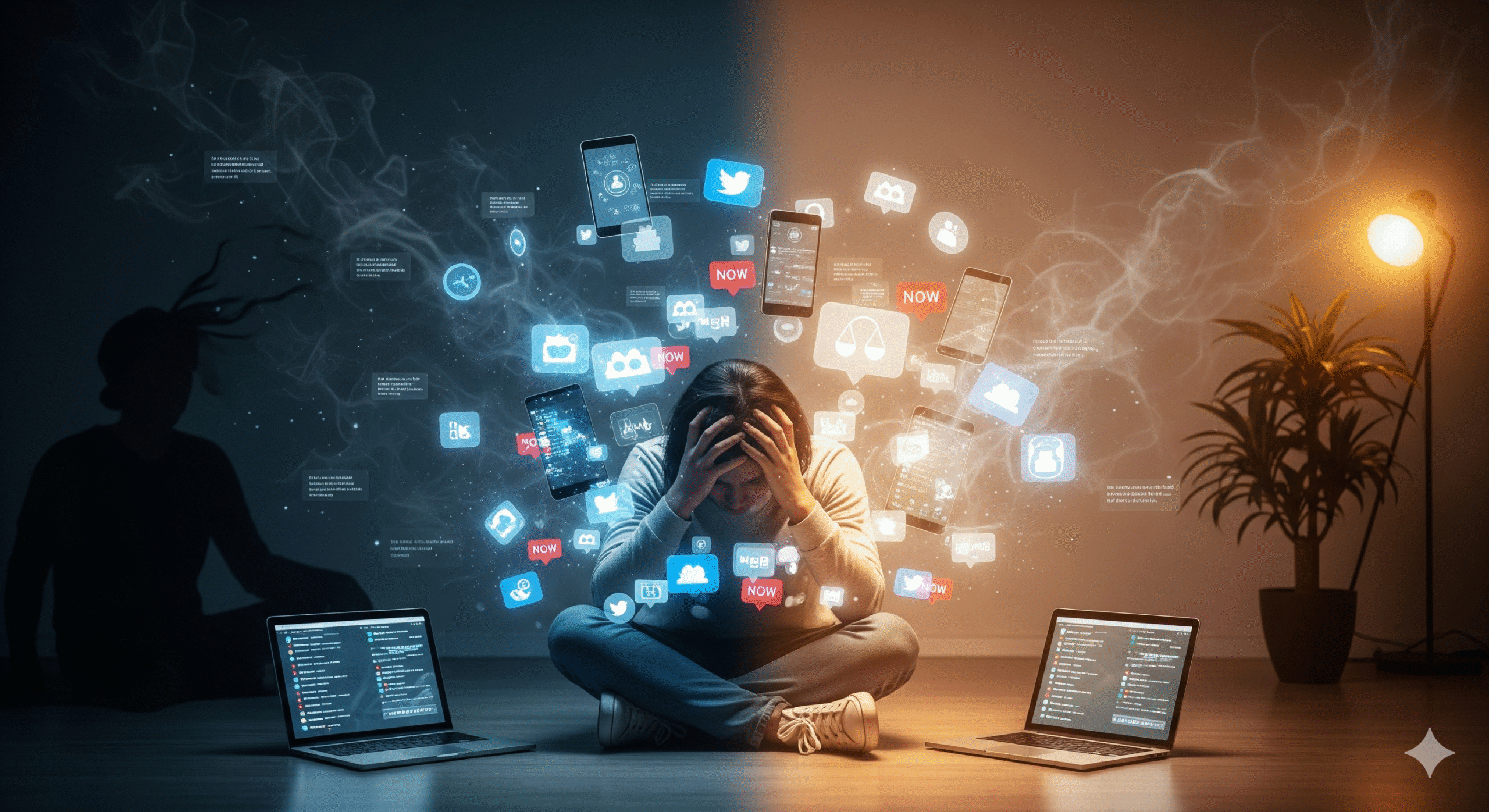Social media has become a double-edged sword for mental health—providing connection, information, and opportunities, but also fostering comparison, stress, and sometimes even anxiety. This article explores the impact of social media on mental health, offering actionable tips to help you enjoy a balanced relationship with social platforms and protect your mental well-being.
1. Understand Social Media’s Impact on Mental Health
Social media can affect mental health both positively and negatively. Understanding its impact helps you make informed choices about its use and manage how it influences your mental state.
- Positive Effects: Social media can provide a sense of connection, inspiration, and support for people, particularly in times of loneliness. It’s a great platform to share experiences and maintain relationships.
- Negative Effects: However, social media can also lead to comparison, anxiety, and feelings of inadequacy. Overuse is linked to poor sleep, depression, and self-esteem issues.
- Be Aware of “Highlight Reels”: Remember that what you see online often shows only the best parts of people’s lives, not the full picture. Awareness of this can reduce the urge to compare yourself.
2. Limit Your Screen Time
Excessive screen time, particularly on social media, is known to contribute to mental fatigue and reduced productivity. Setting limits on daily usage can help protect your mental well-being.
- Use Built-In Tools: Most devices offer tools to track and limit screen time. Set daily limits for social media apps to avoid unnecessary scrolling.
- Designate “Digital-Free” Zones: Choose specific times, like during meals or an hour before bed, to disconnect from social media. This allows your mind to recharge.
- Set Boundaries for Notifications: Reducing notifications can prevent constant distractions and improve your focus, which contributes to mental clarity.
3. Practice Mindful Social Media Use
Practicing mindfulness with social media can turn it into a more constructive tool. By being intentional with your time online, you can avoid mindless scrolling and stay focused on purposeful activities.
- Set Intentions Before Logging On: Whether you’re logging in to connect, seek inspiration, or check updates, having a purpose keeps you focused.
- Be Selective with Your Feed: Follow accounts that promote positive content and support your well-being. Unfollow those that negatively impact your mood or self-esteem.
- Limit Multitasking: Try not to check social media while doing other tasks, as this can fragment your attention and lead to mental fatigue.
4. Engage in Offline Activities
Spending too much time online can make it easy to lose touch with offline experiences that bring joy and fulfillment. Engaging in hobbies, spending time in nature, or practicing mindfulness can offer a healthy balance.
- Set Weekly “Digital Detox” Days: Taking a break from screens for even one day a week can help reset your mind and reduce anxiety.
- Invest in Real-Life Connections: Spend time with family and friends in person. Building offline relationships has been shown to improve mood and mental health.
- Pursue Hobbies and Physical Activities: Engaging in creative hobbies or physical exercise is a great way to disconnect from social media while reducing stress.
5. Recognize and Address Social Media Triggers
Social media can trigger a variety of emotions, from comparison and jealousy to self-doubt. Identifying these triggers and managing them effectively can reduce their impact on mental health.
- Identify Specific Triggers: Are certain types of posts making you feel anxious or insecure? Note down the patterns, and avoid or mute accounts that contribute to these feelings.
- Engage with Positive Content: Seek accounts that inspire you, boost your confidence, or make you laugh. Filling your feed with positive influences can shift your social media experience.
- Focus on Self-Compassion: Replace judgmental thoughts with self-compassion when you feel affected by social media. Remember, it’s natural to feel affected, and self-kindness can reduce these effects.
6. Use Social Media to Build a Supportive Community
Social media can be a valuable tool for building supportive, healthy communities that foster positivity and well-being. Engaging in these spaces can make your social media experience more fulfilling.
- Join Positive Online Groups: Seek communities focused on mental well-being, self-care, or shared interests. These groups often provide a safe space for connection and support.
- Share Positive Content: Contribute positively by sharing content that uplifts others. This can foster a sense of purpose and satisfaction online.
- Follow Mental Health Advocates: Mental health advocates often share valuable insights, coping strategies, and resources, making your feed more supportive.
7. Reframe Your Perspective on “Likes” and “Followers”
Obsessing over likes, comments, and follower counts can create unnecessary pressure and detract from the joy of sharing experiences. Reframe your mindset to value quality over quantity.
- Focus on Meaningful Interactions: Quality connections are more beneficial than high follower counts. Engage with those who genuinely support or inspire you.
- Stop Checking Numbers Constantly: Set a rule to check metrics only once a week, reducing stress related to performance or validation.
- Celebrate Your Own Growth: Shift the focus to personal development, celebrating positive experiences and progress rather than digital approval.
Conclusion: Balance Your Digital Life for Better Mental Health
Social media doesn’t have to negatively impact your mental health if used mindfully and intentionally. By recognizing the effects, limiting screen time, practicing mindfulness, engaging in positive content, and valuing meaningful connections, you can protect your mental well-being and enjoy a balanced relationship with social media.

10 best books of psychology and self-help books
If you’re looking to dive into the world of psychology and self-help, these 10 books are essential reads for anyone interested in understanding the mind and improving their life. These books offer a combination of scientific insight and practical advice to help you better understand yourself and others, while also offering tools for personal growth and mental well-being.

The Therapeutic Power of Coloring: How Art Relieves Stress and Anxiety
Coloring has evolved from a childhood pastime into a therapeutic tool used by adults to combat stress and anxiety. The simplicity of this activity hides its profound benefits on mental health. From promoting mindfulness to stimulating creativity, coloring has emerged as an accessible and effective method for stress relief. In this article, we’ll explore how coloring provides a break from daily stressors, its effects on brain function, and how it can be incorporated into your routine as a method of coping with anxiety.
Let your imagination run free, Immerse yourself in a world of colors and beauty. Remember, your mental well-being is priceless.
Team coloringbookvibe.com

Coloring Book Vibe is a dedicated publisher of captivating coloring books, along with instructional books on drawing and coloring techniques. We are deeply passionate about the art of coloring, ensuring our designs are always intricate, beautiful, unique, and often infused with a touch of humor. We highly value our customers and always welcome feedback and suggestions. Our collection features an incredible array of coloring books across various genres, including Fantasy, Animals, Mandalas, Doodle Patterns, Floral, Landscapes, Country Scenes, and more.



